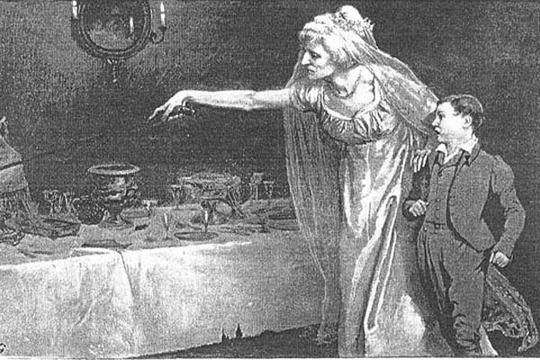
- This event has passed.
Peter Logan, Eccentric Dickens, Dauer Hall 219, March 24, 5-7pm
March 24, 2016 @ 5:00 pm - 7:00 pm
 Peter Logan, Temple University, Eccentric Dickens
Peter Logan, Temple University, Eccentric Dickens
Thursday March 24, 2016, Dauer Hall 219, 5–7pm
On Characterization and Victorian medical psychology
Dickens is routinely called “the novelist of eccentricity” by scholars, who point to E. M. Forster’s use of Dickens’s characters as his primary examples of “flat” rather than “round” characters. But ideas about eccentricity in Victorian Britain were nothing like they are today or during Forster’s day. Dickens wrote during the dominance of a uniquely Victorian form of eccentricity, known as “Moral Insanity.” This was the established medical term for eccentricity, and it famously pathologized social non-conformity. By analyzing the logical structure of moral insanity and the psychological assumptions it rested on, I show that Victorian psychology gave eccentricity considerable complexity as a psychological condition. But it also created a conundrum at the center of the condition: eccentricity’s principal symptom was an apparent psychological flatness, in which actions lacked the clear motivation provided by psychological depth. In the world of Moral Insanity, the reductive psychology of eccentricity actually signified psychological depth, rather than its absence. This talk looks at the implications of studying fiction in the context of the time-bound nature of beliefs about universal human psychology.
Professor Logan, of the English Department, is the Academic Director of the Digital Scholarship Center at Temple University and the former Director of the Center for the Humanities at Temple. He teaches Victorian literature, the history of the novel, and digital humanities. He is the author of Victorian Fetishism: Intellectuals and Primitives (SUNY, 2009), and Nerves and Narratives: A Cultural History of Hysteria in Nineteenth-Century British Prose (University of California Press, 1997), as well as Editor of the Blackwell Encyclopedia of the Novel.
This lecture is sponsored by the Albert Brick Professor and the Center for the Humanities and the Public Sphere (Rothman Endowment). It is free and open to the public.